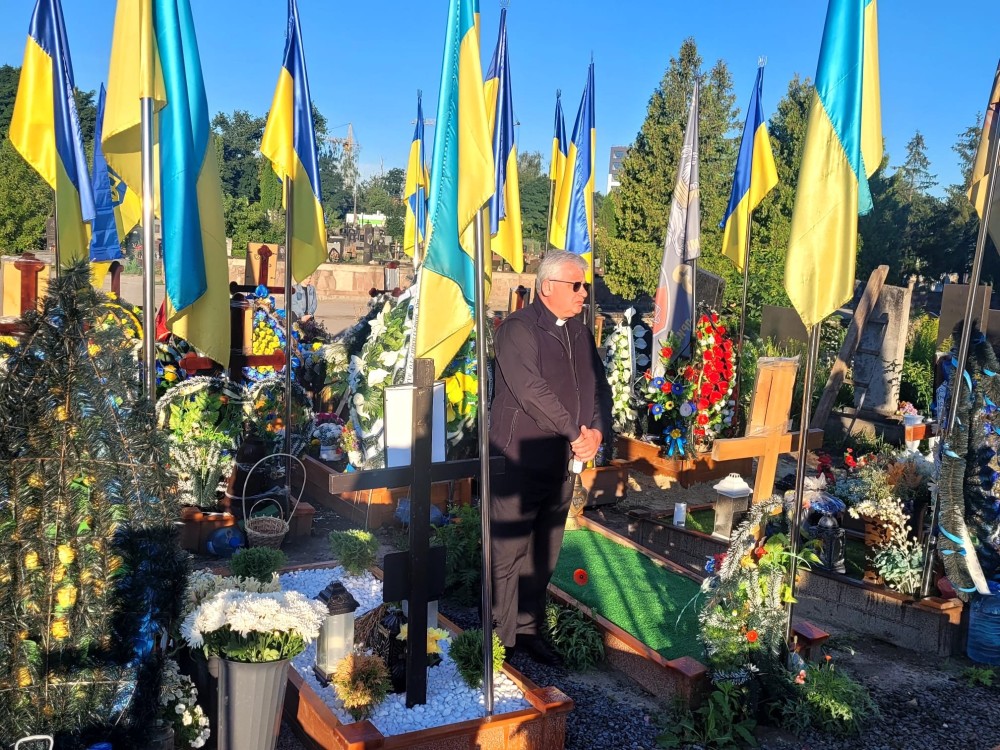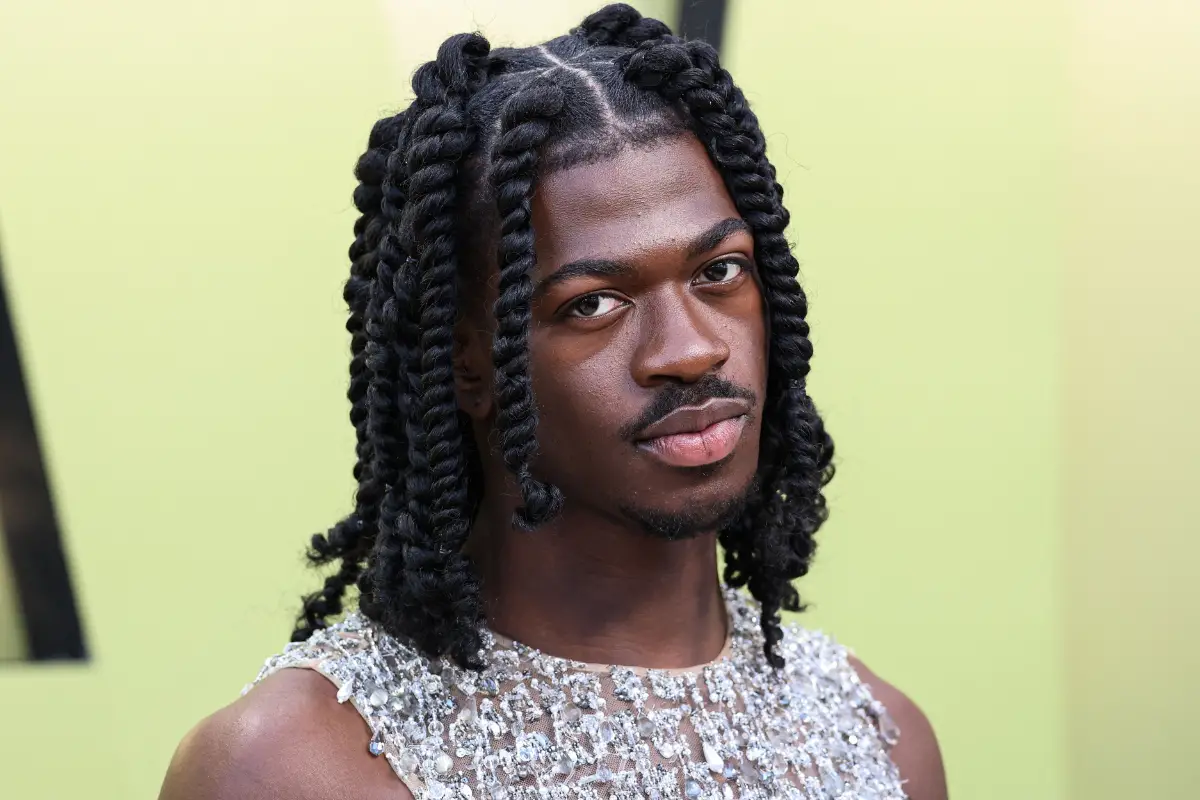Tribute to Willie Mays: The “Say Hey Kid” inspired generations with talent and exuberance
SAN FRANCISCO (AP) — Long after “The catch” and his 660 home runs and the daring sprints around the bases during which his hat fell off, Willie Mays still dominated the hall like no other.
Mays was a frequent visitor to the downtown San Francisco baseball stadium at 24 Willie Mays Plaza, in front of which his statue stands. He often held court with his contemporaries and the younger generation of players who hung on every word of a player they had never seen play because of their youth.
His commanding voice and high-pitched laugh were recognizable everywhere. He was simply the “Say Hey Kid” from his days patrolling center field at the Polo Grounds in the 1950s, when baseball ruled New York City, to his Death at the age of 93 on Tuesday afternoon.
As Hall of Famer Ken Griffey Jr. said, “He will always be the godfather of all center fielders.”
There may be players who have hit more home runs, won more Gold Gloves, had more hits and won more World Series titles than Mays. But there has never been – and probably never will be – a player who has been as dazzling and entertaining as he has been for more than two decades on both coasts.
Wearing a hat that was too small to fly off his head as he ran down the field and caught his signature baskets, Mays was a showman who could do it all as a consummate “five-tool player.” Perhaps no one has the ability to hit for average and power, run the bases, field and throw like Mays did during a career spent primarily with the Giants in New York and San Francisco.
“Willie could do it all from the day he came to the Giants,” said Hall of Fame manager Leo Durocher. “Mays could do all the things you want in a player better than anyone I’ve ever seen.”
While Joe DiMaggio insisted on being introduced as the “greatest living baseball player” until his death in 1999, Mays had actually held that title for more than half a century.
The numbers are staggering: 660 home runs, 3,293 hits, 6,080 total bases, 2,068 runs scored, two MVPs and 24 All-Star games despite missing nearly two full seasons while serving in the Korean War. There were also 12 Gold Gloves, although the award was not given out once in his first five major league seasons.
But it was his joy that was truly infectious and inspiring, whether on the streets of Harlem, where he played famous stickball games with local kids before heading to the nearby Polo Grounds for his real job with the Giants, or in National League baseball stadiums.
“You wanted to play like Willie and catch the balls he caught,” Yankees hitter Aaron Judge said. “His accomplishments on the field and his accomplishments are impressive, but he as a person and as a human being is even greater. He was greater than baseball. He was special and the baseball world will definitely miss a great one.”
His greatness can best be described by the reverence with which his contemporaries viewed him.
“He played like he was the only one out there,” Hall of Famer Ernie Banks once said. “His eyes lit up. He was full of energy and ready to go. I had the privilege of watching and playing against a great talent.”
“He played so hard that it inspired me to go to every game. I couldn’t wait to play against the Giants and watch him.”
Mays’ ability to inspire extended far beyond the baseball field. Born in segregated Alabama in 1931, he began his professional career in the Negro Leagues, becoming one of baseball’s first black stars and the first black player in the major leagues to captain his team.
But he has also endured racism since playing in the minor leagues of the previously all-white Interstate League, and in San Francisco, when he and his wife were initially turned away when they tried to buy a home in an exclusive neighborhood.
But later in life he enjoyed great popularity almost everywhere.
“It is only because of giants like Willie that someone like me can even think about running for president,” President Barack Obama he said when he awarded Mays the Presidential Medal of Freedom in 2015.
Mays played his career at a time when baseball was truly the American pastime and the best baseball players were the biggest stars in all of American sports.
He has been honored in song, from Terry Cashman’s “Talkin’ Baseball (Willie, Mickey & The Duke),” which commemorates the great New York center fielders of the 1950s including Mays, Mickey Mantle and Duke Snider, to The Treniers’ 1955 classic: “Say Hey (The Willie Mays Song)” that perfectly embodied his style.
“He runs the bases like a train
Swings every second like an airplane
His cap flies away when he reaches the third
And he flies home like an eagle.”
___
APMLB: https://apnews.com/hub/mlb



